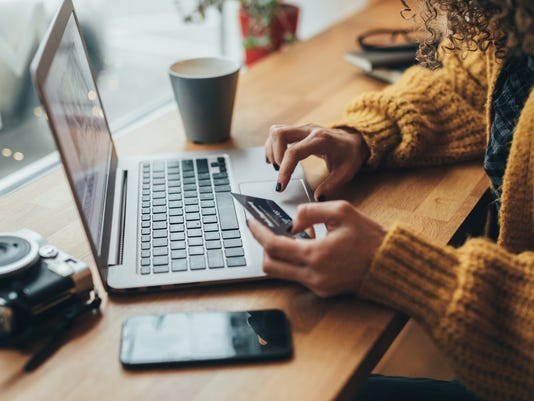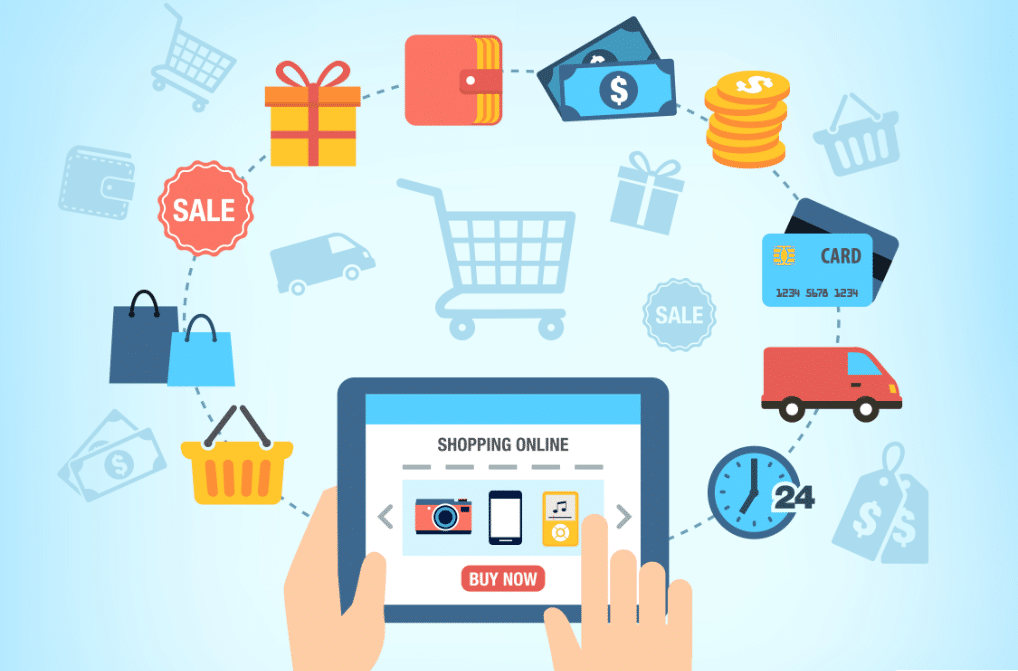Nothing beats the ability to shop online while at the comfort of your own home. Whether you’re using your PC or smartphone, you always find yourself lost in virtual aisles while following links after links of items on sale.
Shopping over the Internet can be fun and convenient, primarily when you use caution before clicking that payment button. You should also check the logistic partner of every ecommerce business you are eyeing. They must have a safe and trusted partner like ShipNetwork. Ensure that a padlock icon is displayed next to the URL to show that the website is secured with SSL certificate. You may find certificate details while clicking on a padlock. You may find different types of SSL certificate like comodo ucc ssl, RapidSSL Wildcard, GlobalSign SSL, etc. Here are a few things that you can do to make sure that you are protected:
MAKE SURE THAT THE WEBSITES ARE SECURE
Always look for the “s.” Secure websites often say “https” and not just “HTTP” on the website address/URL. A padlock icon or a green URL tells you that the page is encrypted and a security certificate is enabled (SSL). Always make sure that your anti-malware, anti-virus, and real-time protection are updated.

Also, keep a lookout for phishing and pharming websites. These are websites that appear to duplicate or imitate a real webpage, mostly during times you have mistyped the web address. You can spot them easily by looking at the web address where the name might be misspelled or have too many numbers or characters than the usual website ending at .com.
PROTECT YOUR INFORMATION
If the online store requires you to make a personal profile or login, make sure to use a secure username and password and fill out only the needed info. Also, make sure to use different passwords for each website that you use. Make sure to research the legitimacy of online stores by checking out reviews. They should have a working “contact us” button and customer service information.
AVOID POP-UPS
Never click on unknown or unrelated pop-up ads to avoid being phished. Take note that sales that are too good to be true are definitely scams, so make sure that your pop-up blockers are working when shopping online.
SHOP ONLY OVER SECURED CONNECTIONS
Avoid doing any banking activities while browsing online shops over public Wi-Fi connections. Free Wi-Fi connections over shopping centers or coffee shops can be monitored, and hackers and fraudsters might access the information that you send.
WHEN IN DOUBT, GO CHECK IT OUT
While shopping online is convenient, there is no guarantee that the item you choose is something of high quality. When purchasing clothes or related items that require a precise fit for you, it’s best to go and check them out in person. For things like coats and jackets do not take online sales seriously.
Designer brands will advise you to visit their stores for a sure feel and fit. Make sure that your McQueen party shoes are snug or that your Bogner jacket is warm enough for your planned ski trip.
MONITOR YOUR CREDIT CARD ACTIVITIES
A secure website offers secured payment options. Make sure that you are up-to-date with your credit card payments to keep an eye out for unwanted charges after making a purchase. Read the shipping details before placing an order, and the return and exchange policy to know what to expect after payment.
The only way to have peace of mind while shopping online is to do it carefully. Always think about the consequences of your choices, and take advantage of available technology.














Leave a Reply